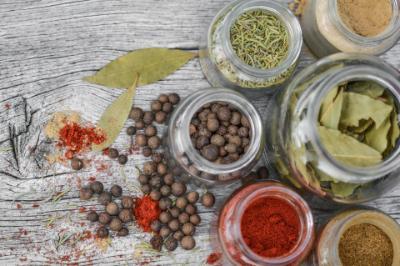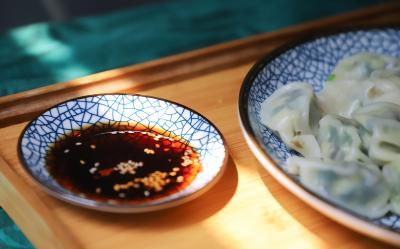Salt and Ethnic Minorities
Many people from ethnic minorities living in the UK, including people of Black African and South Asian descent are particularly sensitive to the effects of too much salt and therefore are at higher risk of associated health conditions.
Black African
There is evidence to show that black people of African descent living in the UK are three to four times more likely to have high blood pressure compared to white populations in the UK. The Black African population in the UK are twice as likely to die from stroke and have an increased risk of end stage kidney failure compared to the white population, both of which can be caused by high blood pressure. However, research has found that reducing salt intake can in fact lower blood pressure to a greater extent in the black population compared with the white population.
Salt intake
The majority of salt consumed by people of black African descent is from salt added in cooking and/or at the table. This is in contrast to the rest of the UK population where 75% of salt intake comes from processed foods. A health survey in England found that the majority of black men and women add salt when cooking and many add salt at the table. Salted meats and fish like salt-fish and salt-beef, and heavily seasoned meats such as fried chicken, stews and curries can contain a lot of salt.
Advice
By using the advice below, people of black African descent can help to reduce their risk of getting high blood pressure or if they already have high blood pressure, help lower their blood pressure.
- Sea salt, rock salt and garlic salt are just as bad for your health as table salt and should be avoided
- When cooking, salt should not be added to the water used for cooking vegetables, pasta and rice
- Instead of salt other flavourings such as fresh herbs, spices (but not prepared spice mixes which often contain added salt) and lemon juice should be used
- When buying processed foods, check food labels and choose lower salt alternatives
- Look out for words on labels like brine, cured, pickled, corned, smoked on labels – and only eat limited amounts of these products
- Any salted meat or fish e.g. salt fish, salted mackerel, saltbeef, khobi, salted pigs tail should be soaked in water for 24 hours (changing the water a number of times) to remove most of the salt before cooking. Better still, eat fresh unsalted meat or fish
South Asian
Evidence shows that people of South Asian descent are at higher risk of high blood pressure and heart disease. It has been predicted that people of South Asian descent are around a third more likely to die prematurely from heart disease compared to the rest of the UK.
Salt Intake
Although for most of the UK population 75% of salt comes from processed foods, in the South Asian population almost all of the salt consumed is added during cooking or at the table. In fact, more than 90% of South Asian people (Indian, Bangladeshi, Pakistani) add salt to their cooking. Many add salt to their food without even tasting it first. In South Asian cooking, the true level of salt added to food is often disguised by the spices used.
Advice
- Most sauces used at the table are also very high in salt, e.g. chilli sauces, tomato ketchup and soy sauce. Everyone should look out for reduced salt versions or use sparingly
- When cooking, salt should not be added to the water used for cooking vegetables, pasta and rice
- Cut down on high salt snacks such as crisps, Bombay mix, salted nuts
- Butter and ghee are both high in salt and fat. Cut these out of your cooking by replacing them with olive or rapeseed oil, or use unsalted versions.


